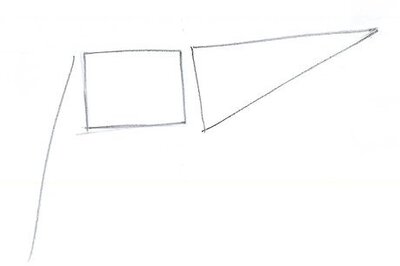
views
When aspiring law students prepare to pursue their passion, the entrance exam plays a key role in securing admission to prestigious LLB programs. The most popular exams are the Common Law Entrance Test (CLAT), All India Law Entrance Test (AILET), and the Symbiosis Law Admission Test (SLAT). By passing CLAT, students can take admission in 24 National Law Universities across the country, while AILET is specifically for National Law University, Delhi. SLAT is for those looking to join the Symbiosis International University. It is necessary for students to know the differences in these exams including their format, difficulty level, and admission processes, which can help students opt for the best option for their law education.
Students appearing for CLAT can be admitted to BA/ BSc/ BCom/ BSW LLB (Hons) and LLM courses, while students appearing for AILET can be admitted to BA LLB (Hons), LLM and PhD courses.
Students who appear for SLAT can be admitted to BA LLB and BBA LLB programs.
Let’s know more about their exam pattern, syllabus, and which entrance exam is tougher between CLAT, AILET, and SLAT.
The syllabus for CLAT, AILET, and SLAT cover subjects like English Language, Current Affairs, General Knowledge, Legal Reasoning, Logical Reasoning, and Quantitative Aptitude. All three exams have objective-type questions, and they include negative markings, which means you lose 0.25 marks for each wrong answer. You gain 1 mark each for every correct answer in all three exams.
The difficulty level CLAT exam ranges from moderate to difficult. To score well, candidates should have good analytical skills.
AILET is tougher as compared to CLAT. It has been designed by NLU Delhi to test the law knowledge of the students. To score well, students should be well-versed in the English language, General Knowledge, Current Affairs, Legal Aptitude, Logical Reasoning, and Numerical Ability.
SLAT is easier than CLAT and AILET. To score well, candidates must have the ability to read and comprehend quickly, read newspapers daily to tackle the General Knowledge part.

















Comments
0 comment